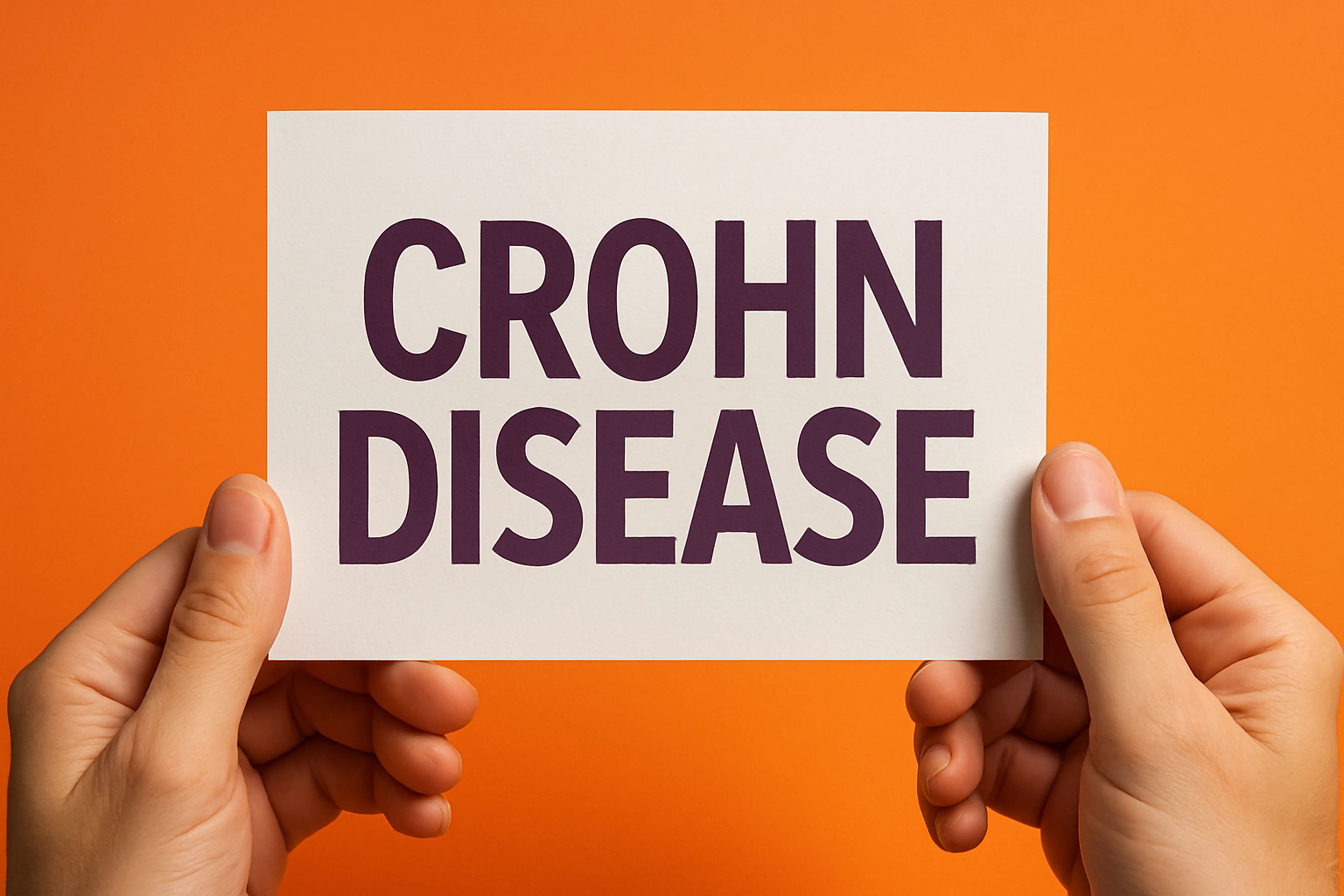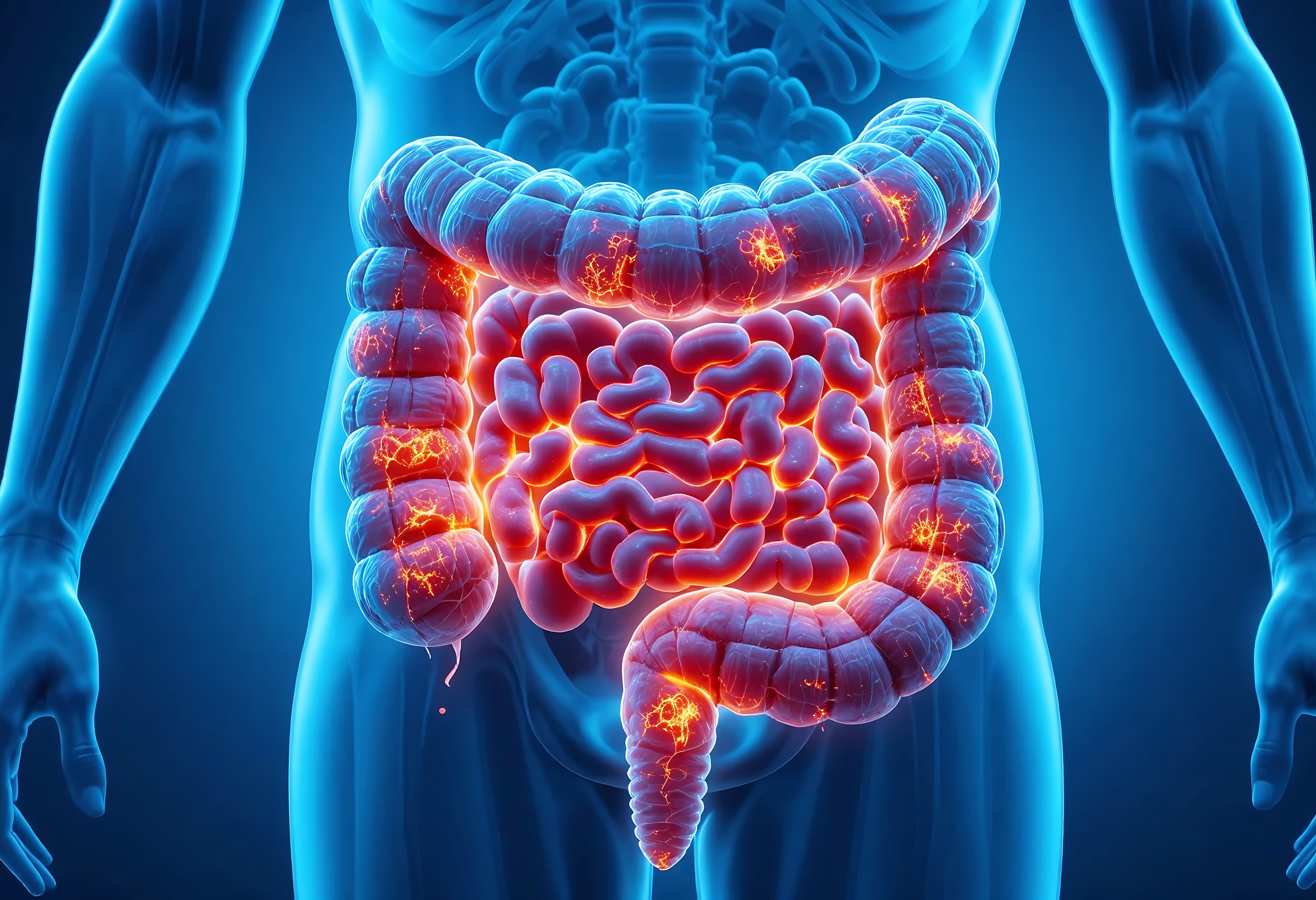- Male
- 30 Years
- 22/01/2025
I'm on medication for stomach tuberculosis and it's been nine months so far. I've heard that for stomach TB, you need to take the meds for at least a year to avoid the risk of MDR. Is that actually true?
More Gastroenterology/GI medicine Health Queries
View allI'm experiencing some issues with piles and I'm hoping you could help. My stool is quite thick, which is causing some bleeding. I had this problem before and homeopathy helped, but I'm wondering if there are other treatments or remedies I could try. My overall health is good, with normal blood sugar and everything else. Could you suggest some medicines, creams, or dietary changes that might help with this?
take fibre rich diet ,maintain fruits in the diet, SYP lactulose 10ml daily night.
read more![Doctor 1]()
![Doctor 2]()
Answered by 1 Apollo Doctors
I'm really struggling with a severe gastric issue, and it feels like it's making it hard to breathe, especially after I eat and when I'm about to sleep. It seems like there's this pressure in the center of my chest. What could be happening, and how should I address this?
Omeprazole 20mg
read more![Doctor 1]()
![Doctor 2]()
Answered by 1 Apollo Doctors
my friend is dealing with serious intestinal problems and the cect report shows some issues. they're struggling financially and private hospitals are quoting 2 lakhs for surgery which they can't afford. are there any treatment options that could avoid surgery and which government hospitals would be good to approach for this? also what's the likely prognosis in this situation
it is your choice .if affordable private hospital is advised.
read more![Doctor 1]()
![Doctor 2]()
Answered by 1 Apollo Doctors
Disclaimer: Answers on Apollo 247 are not intended to replace your doctor advice. Always seek help of a professional doctor in case of an medical emergency or ailment.






